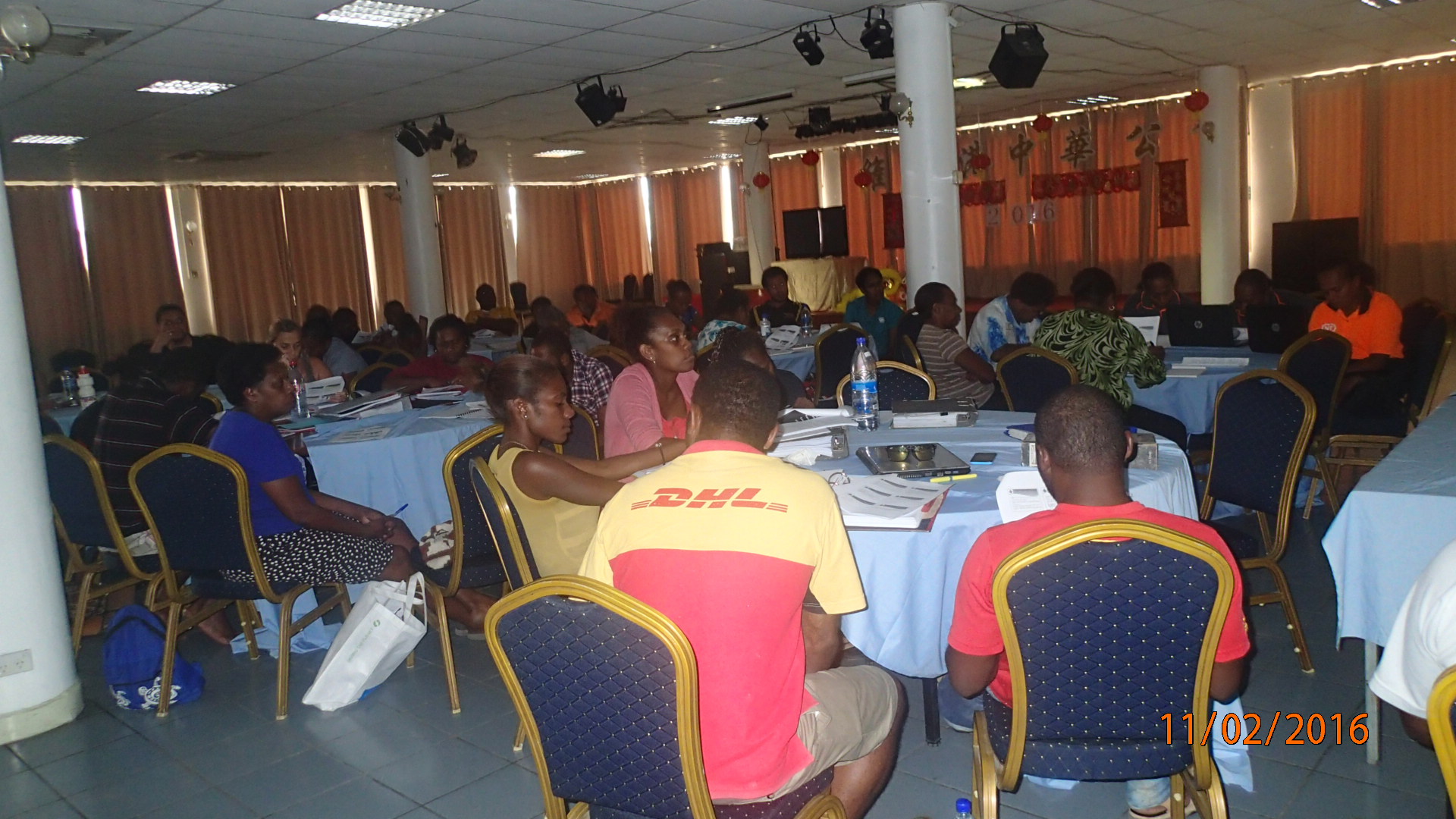Furthermore, to ensure consistent application of the process, similar sessions were provided to Vila Customs on 5th of February 2016 and to Santo Customs on 16th February 2016.
Exemptions that were once contained in a Schedule to the Import Duties Act are now part of the HS 2012. The impact of this change is that for an exemption to apply, it must fit the all the criteria of the particular tariff item, otherwise the goods are excluded and hence subject to normal Customs duty and VAT.
As with any importation, it is the responsibility of the Customs Brokers to ensure that all the documents required to substantiate a particular HS classification are provided. This remains valid for importations where exemptions are claimed. Again with any importation, the first point of contact by an importer requiring an exemption is a Customs Broker, who will fully inform the client of the requirements.
Customs will continue to field enquiries from, and provide advice to importers in regard to Customs requirements prior to an importation occurring including documentary, legal and procedural requirements. However once the goods have landed or are in transit to Vanuatu, Customs Brokers are responsible for assisting their clients with the entry of the goods, consistent with Customs requirements.
It is intended that the new process will expedite the clearance of goods subject to exemption, while reducing the risk of fraudulent or illegitimate claims.
The Director of Customs and Inland Revenue would like to thank its Customs Brokers for their continuous support and cooperation in assisting Customs to meet its national obligations of collecting revenue, facilitating trade and protecting our borders.






